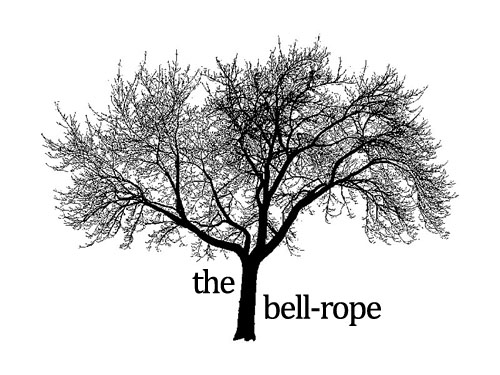I'll try to reveal as little as I can. I recently watched a certain movie about which I knew very little, except that it was considered by some to be the best film of the last decade. My lack of knowledge was deliberate, as it always is with movies I know I will watch, but as I loaded the movie on my computer I accidentally read the one-line "summary" that ran under the video window. Normally, this wouldn't be a problem - except in this case that one line provided information not known to the viewer until the very end of the movie, information that, when known, changes the experience of watching the first 90% of the movie dramatically and irrevocably.
But hey, we live in a film culture where "the element of surprise," as they say, is battered and beaten into a corner. Even if you don't read reviews or watch trailers online (both of which I do), it is nearly impossible to avoid promotional posters, TV spots, trailers played before movies. These can ruin a lot more than people seem to realize. Take the poster for Antichrist, which features one of the most striking, surprising and terrifying images in the movie, that of hands reaching out of the roots of a large tree toward the two characters, having sex. If you were at all interested in this movie, you will have seen this picture, which means that nearly no one experienced this scene in the movie as a discovery, as the uncovering of something strange and new.
Because surprises are not only plot surprises, and surprises in film are not the same as surprises in life. Film is, after all, a medium built on images, and images can be some of the most surprising things that movies offer us. Put another way: one of the most important things movies give us is new images, in the same way that new music can give us sounds that never existed before. Art creates new realities that are added to our collective repertory, so that the entirety of the world becomes richer for it. When you see an image for the first time, it offers its secret to you; later viewings of the same can still be powerful, but only the first viewing is like discovery, has the thrill of fear and the sense of some illicit transaction being made.
If you hold a surprise party for me and I find out about your plans, it doesn't mean I won't go because the surprise is ruined. Rather, I go because the pleasure and shock of my friends gathered together for me is still meaningful, in a way that the loss of surprise does not diminish. Surprise in life is only the mode of communication; it does not make less the substance of surprise, the party, the baby announcement, the loss of job. But film is no more and no less than a mode of communication - it's "how it's told," as people like to say. The surprise itself is the content of the surprise.
Why is it so important to defend our right to be surprised? I think back to all the moments I remember vividly from films, and they all combine powerful scenes with surprise. Somehow the surprise part is crucial. After all, it wouldn't do for us to walk around our houses, being surprised at everything. Surprise is the recognition that something different has just happened, and we need to pay attention. It is when our focus is at its most acute, and our memory like blank film stock, waiting for the light to hit. It makes us the best possible receiver for new thoughts.
This is what I want, or more precisely, what I don't want: I don't want to see any scene, any image, from the film. I don't want to know who the director is or which actors are in it. Hell, I don't want to know if it's comedy or a thriller or drama. I just watched Vicky Christina Barcelona and somehow forgot that Penelope Cruz is in it, and when she stormed in halfway through I almost fell out of my chair. Surprise is a good thing, and worth fighting for.
Subscribe to:
Post Comments (Atom)

1 comment:
What was the tag line? (You don't have to post it here, but I'd like to know.) And I've obvi. seen the movie, as we typed about it in that witty verbose way we type.
Post a Comment